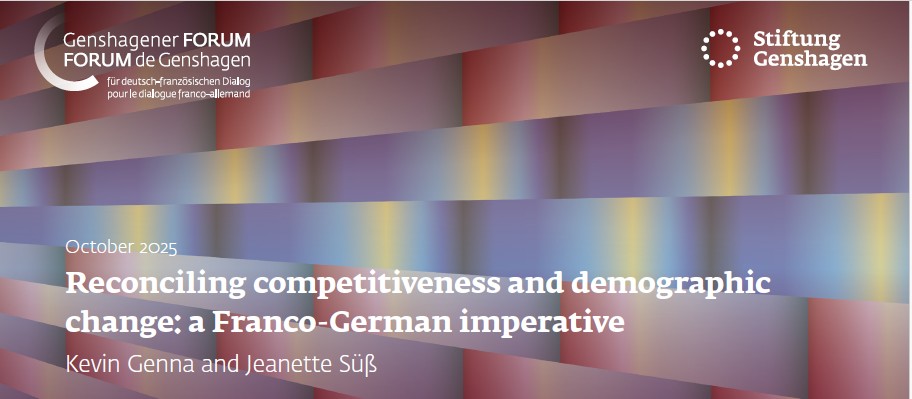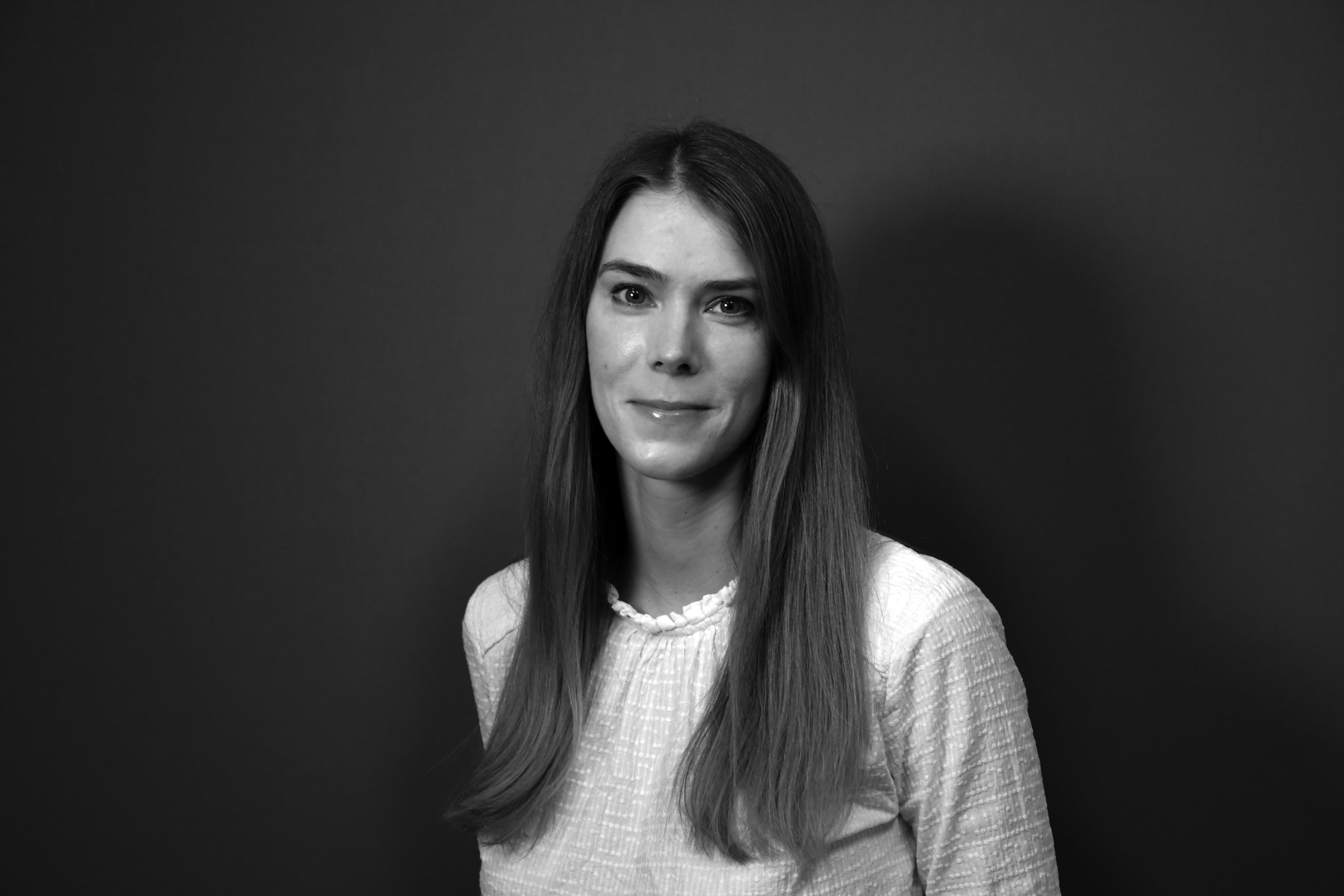Reconciling competitiveness and demographic change: a Franco-German imperative
France and Germany are facing parallel demographic shifts that could reshape the future of their economies and their social models. These shifts reflect broader European patterns but are magnified by the central role both nations play in EU governance and competitiveness.

This article gathers ideas based on the discussions held at the 2025 Genshagen Forum. It looks at how France and Germany are dealing with demo- graphic decline – and why this matters for Europe as a whole. It explores the pressures ageing populations put on labour markets, welfare systems and regional balance, and highlights where the two countries diverge and where they must act together. The focus is on practical policy options and the role of Franco-German cooperation in turning demographic risk into strategic opportunity.
This paper resulted from a workshop at the 13th Genshagen Forum for Franco-German Dialogue (June 26 and 27, 2025) with the topic “EU competitiveness: heading or drift?”.
Kevin Genna is Economist, Chaire transitions démographiques, transitions économiques at the Fondation du risque, Paris
Jeanette Süß is Research Fellow, Study Committee on Franco-German Relations (Cerfa) at the French Institute for International Relations (Ifri), Paris
This publication is available on Genshagen Foundation: "Reconciling competitiveness and demographic change: a Franco-German imperative".

Available in:
Themes and regions
DOI
Genshagen Forum for Franco-German Dialogue. Genshagen Foundation, Berlin
Share
Related centers and programs
Discover our other research centers and programsFind out more
Discover all our analysesMerz’ European Policy-making: The End of the ‘German Vote’?
Friedrich Merz’s European ambition is to turn Germany, long seen as hesitant into a leading actor within the European Union (EU). To that end, he has pledged to end the “German vote,” a phenomenon that epitomizes the paradox of a country both indispensable and frequently absent from European decision-making.

Securing critical raw material (CRM) value chains – a prerequisite for Europe’s technological resilience
At the heart of economic security, technological resilience is a backbone of the European Union’s (EU) competitiveness. The EU’s energy and digital transitions depend on critical raw materials (CRM).
Taking the Pulse: Does France's Political Crisis Weaken Europe's Geopolitical Hand?
While the EU tries to navigate a myriad international challenges, France is experiencing historic political disarray. What impact will instability in Paris have on Europe's geostrategic capacity?
Imaginary and Reality of the Franco-German border: a Laboratory for Europe of tomorrow
In Europe, the question of borders is a central issue. According to the European Parliament, border regions cover around 40% of the European Union (EU) territory, concentrate 30% of its population and produce nearly a third of its gross domestic product.










